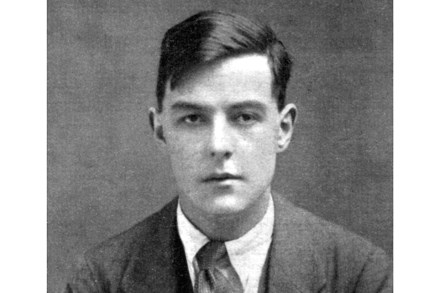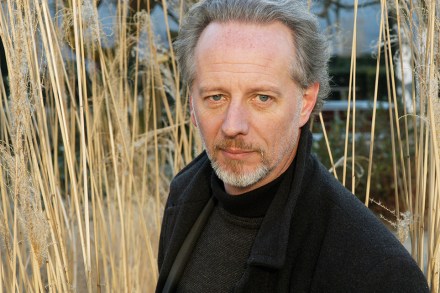The bad boys of the Hypocrites Club
Members of the Hypocrites Club were Oxford undergraduates, and those with whom David Fleming’s book is chiefly concerned were born between 1903-5. It had originally been a respectable club, founded in 1921, its two most mentioned members being L.P. Hartley, the novelist, and David Cecil, the biographer and historian. But all that changed when Harold Acton arrived, closely followed by many of his fellow Etonians. Acton himself was always fastidiously polite, and spoke in a curiously hesitant way; but his friends were not, and shouted. Soon the club became celebrated for drunkenness and homosexuality, and closed in 1924. It would be impossible to depict the whole circle, and Fleming does





















